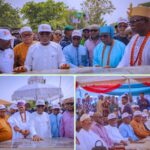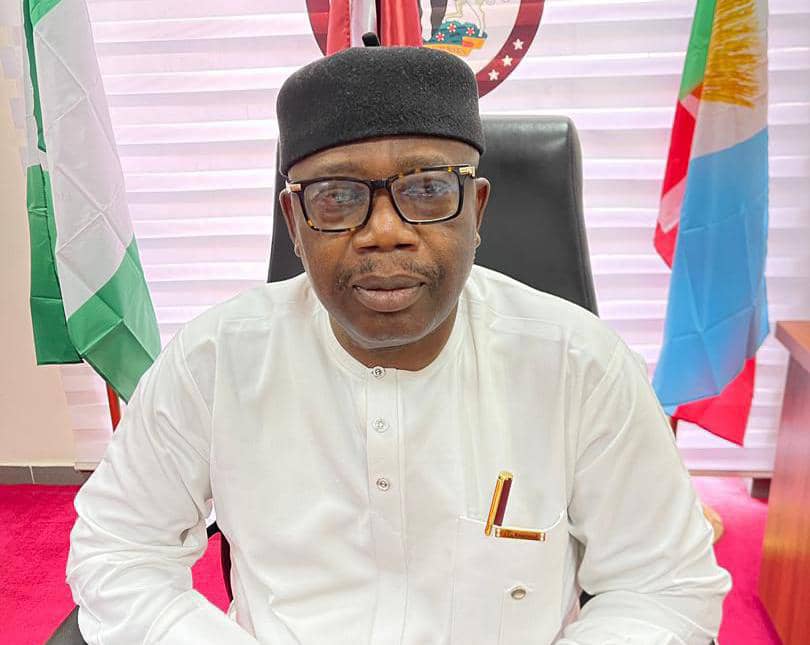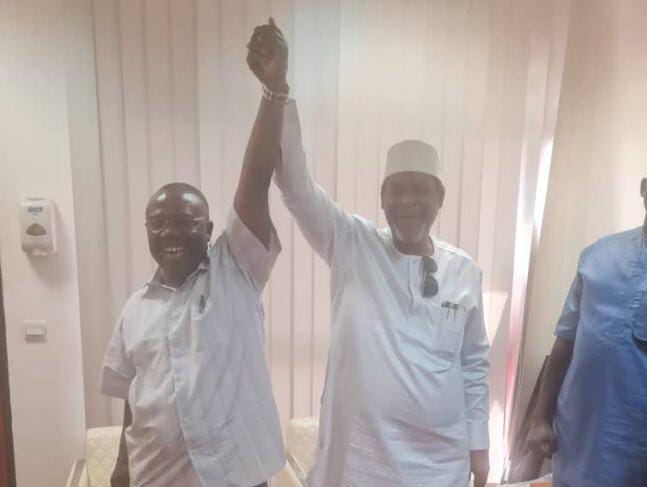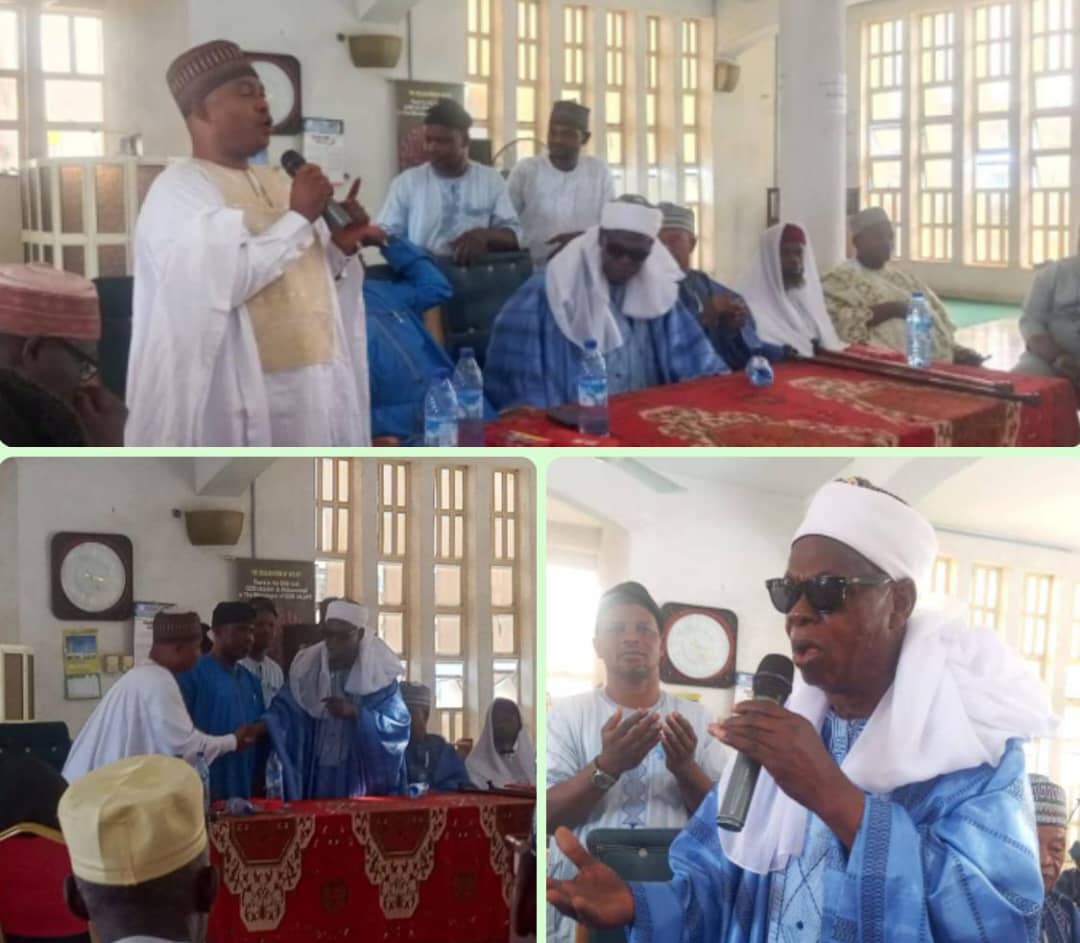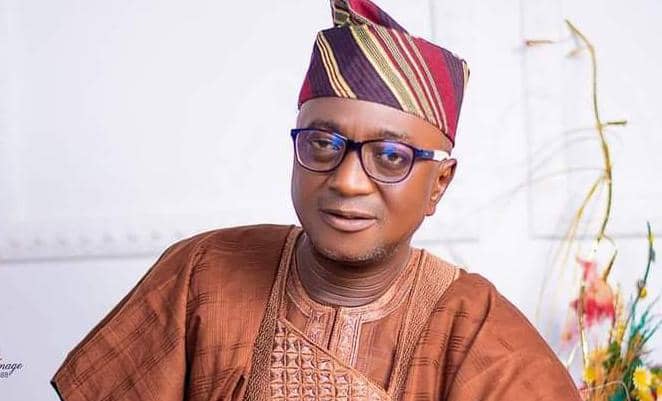
The Birth of Nabiy Mohammed (SAW) and the Need for Religious Tolerance, Peace, and Unity in Nigeria
The birth of Prophet Muhammad (SAW) is one of the most significant events in Islamic history. Born in Makkah around 570 CE, a period known as the “Year of the Elephant,” his arrival symbolized hope, mercy, and guidance for humanity. His life and teachings were centered on peace, compassion, justice, and submission to the will of Allah.
Muslims around the world commemorate his birth not only as a moment of joy but also as a reminder of his mission to bring unity and moral order to a divided society. His message of peace is highly relevant to contemporary Nigeria, a nation blessed with diverse religions, ethnicities, and cultures, but often troubled by intolerance and conflict.
Prophet Muhammad (SAW) grew up in a society torn apart by tribal rivalries, idol worship, and injustice. When he was commissioned as a Prophet at the age of 40, he preached the oneness of Allah, compassion towards fellow humans, and fairness in dealings. He encouraged peaceful coexistence with people of other faiths, as seen in his treaties with Christians and Jews in Madinah. His message was not restricted to Muslims alone but was a universal call for humanity to embrace tolerance and justice. These lessons from his life are essential for Nigeria, where religious diversity should be a source of strength rather than division.
Nigeria, with its two dominant religions—Islam and Christianity—has often witnessed tension and violence fueled by intolerance, ignorance, and political manipulation. Yet both religions preach peace, love, and respect for human dignity. Prophet Muhammad (SAW) himself emphasized that differences in faith should not lead to hatred or oppression. The Qur’an acknowledges diversity as part of God’s design, urging people to “know one another” rather than to fight one another. Thus, Nigerians must reflect on the Prophet’s teachings and use them as a moral compass for fostering unity.
Religious tolerance is vital in a multicultural country like Nigeria. It means respecting the beliefs and practices of others even when they differ from ours. Intolerance breeds extremism, which often leads to insecurity, displacement, and the destruction of lives and properties. By contrast, tolerance promotes mutual understanding, peaceful coexistence, and national development. When Muslims and Christians unite around shared values of honesty, kindness, and justice, Nigeria will be able to overcome its many challenges.
Peace and unity are also fundamental for sustainable progress. Prophet Muhammad (SAW) demonstrated that peace is not merely the absence of war but the presence of justice, fairness, and harmony. Nigerians must therefore embrace dialogue rather than violence, forgiveness rather than vengeance, and cooperation rather than division. By doing so, the country can focus its energy on education, health, infrastructure, and economic growth instead of wasting resources on conflicts.
In conclusion, the birth of Prophet Muhammad (SAW) is a reminder of his mission to guide humanity towards peace, tolerance, and unity. For Nigeria, these values are indispensable in building a just and prosperous society. By embracing religious tolerance, promoting peace, and strengthening unity, Nigerians will not only honor the legacy of the Prophet but also create a nation where diversity is celebrated and every citizen can thrive in harmony.
© Bísí Ajíbóyè-Ṣọ́gigùn (Alhaji)
Vice-Chairman Association of Nigeria Authors, Ondo State Chapter & ACE Broadcaster

